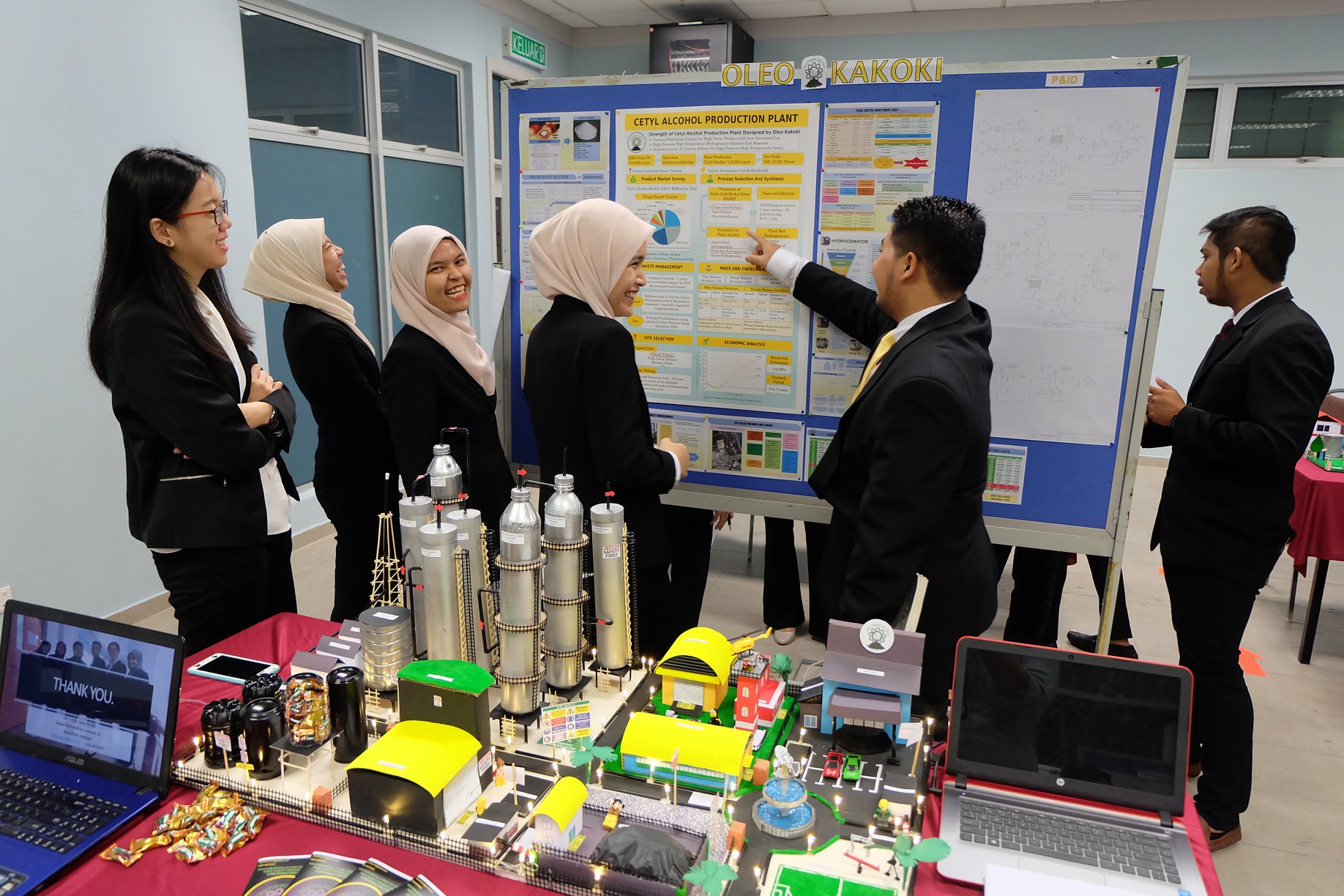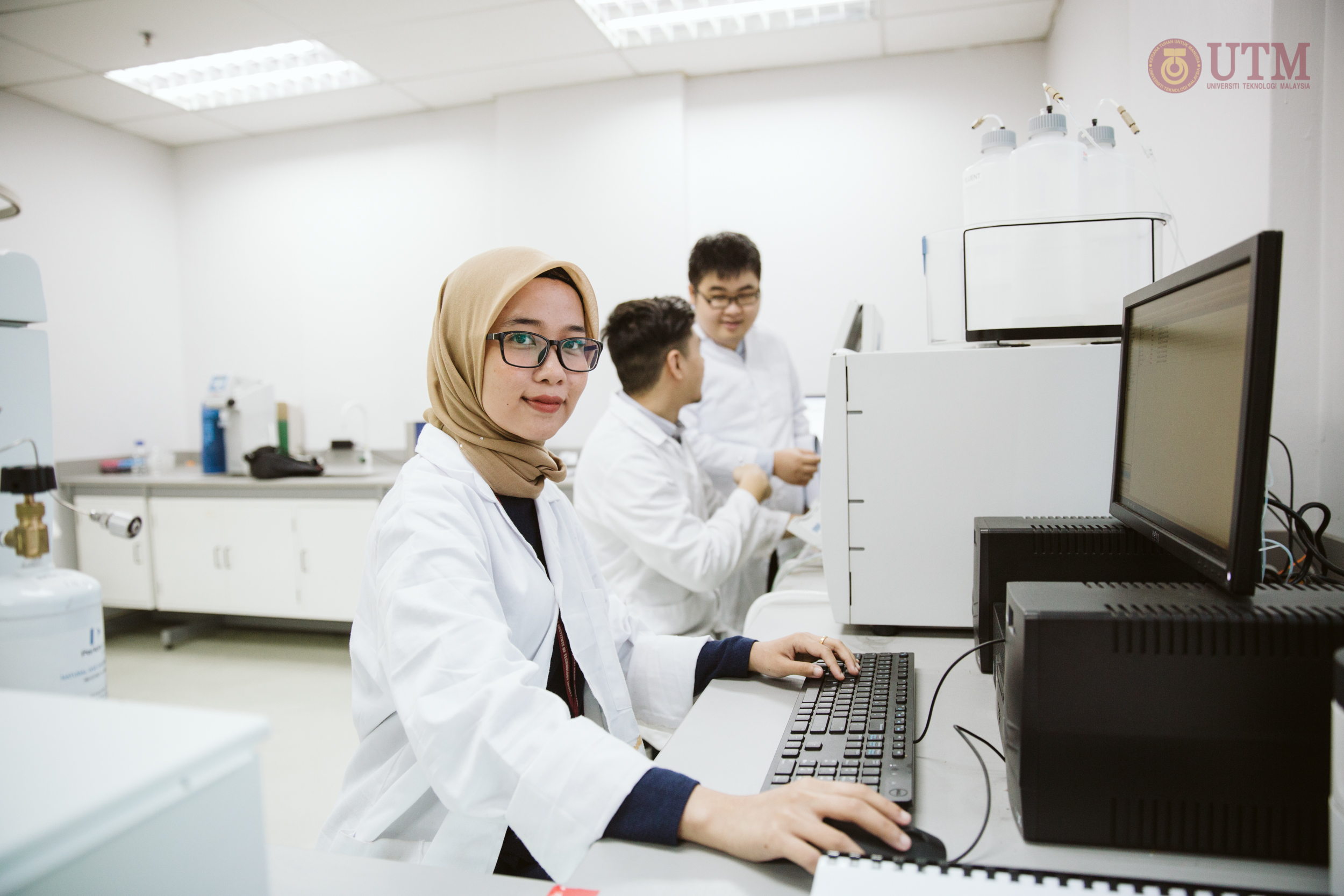Academic Programmes
The department is hosting four academic programmes by taught courses, relating to chemical engineering, environment, sustainability and disaster management. Meanwhile, full research programmes are offered for both PhD and Master degrees.






Our Uniqueness
MJIIT works closely with Japanese universities and industries to create a distinctive working culture and employs a holistic approach in its programme offerings. The following are some of the uniqueness of MJIIT:
- MJIIT students can pursue Japanese-style education in English at affordable cost.
- Provides a holistic approach in its human development (Ningen-ryoku) programmes to develop confidence, decisiveness, independence and maturity in the graduates. These characteristics prevail through emphasis on skills in communication, problem solving, responsibility and ethics in the programme curriculum. For example, engineering ethnics is the third module under Ningen-ryoku programme.
- Utilizes the K.E.S. (Knowledge-Experience and Self -study) pedagogy concept of teaching and learning approach which focuses on more class contact in lower years, learning through experience and self-study in later years.
- The unique Senpai-Kohai relationship or mentoring concept is realized from the moment the student is admitted into the programme until they graduate and becomes a member of the ikohza or research laboratory system.
- The Japanese Kohza system or iKohza incorporated in MJIIT would enhance students learning and also accelerate MJIIT research function. The iKohza is an innovative research laboratory system in a particular research area headed by a senior academic. The members of iKohza consist of the academics, research students, research officers and the students. Junior members are nurtured and closely supported by their seniors, and there is strong collaboration and continuous guidance from professors and other senior members of the iKohza.
- The successful Japanese concept of 5S and Kaizen will be part of the learning concept of MJIIT, aimed to develop the skills of the Japanese which are envied by many, such as team working, responsibility, and resilience.
- Selected undergraduate students will have the opportunities to do part of their industrial training or attend some courses in Japan.
- Selected undergraduate students are given the exclusive opportunity to conduct part of their industrial training or participate in student exchange programmes in the consortium universities in Japan.
- Postgraduate students will have opportunities for attachment in research laboratories in Japan for six months to one year to do part of their dissertation with exposure to world-class research and gain the ability to develop knowledge and research skills in a challenging, rewarding and exciting field of study.
- Accessibility to sophisticated equipment in partner consortium universities.
MJIIT programmes are strongly supported by Japanese-based industries where students can engage in practical training and research activities.
